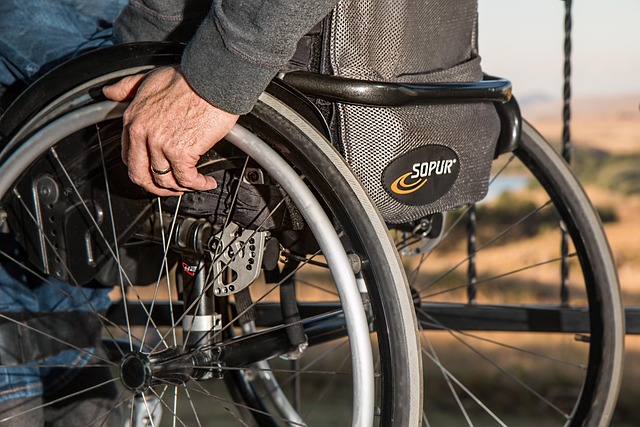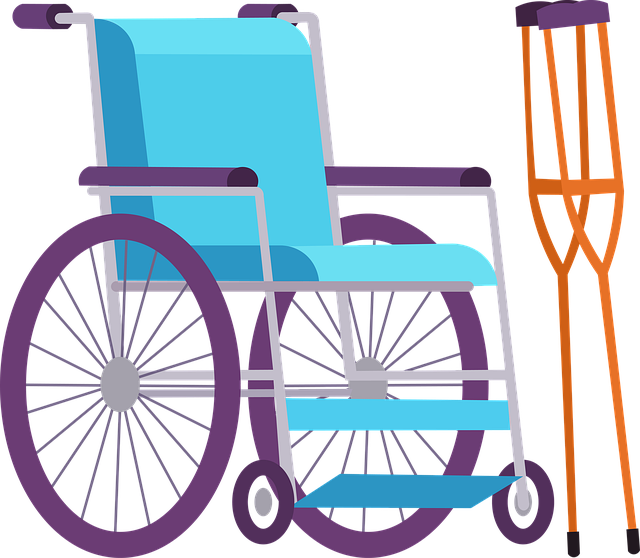The holiday season poses unique challenges for those recovering from addiction, but there are effective strategies to stay sober. Specialized Addiction Treatment Centers offer tailored programs, including Crisis Intervention Training, medical supervision, and holistic wellness approaches like yoga, meditation, and balanced diets. Online support groups provide emotional backing, while group counseling fosters community and accountability. By combining mindfulness, nutritional balance, physical activity, and evidence-based medications, individuals in recovery can successfully navigate holiday triggers and maintain their commitment to sobriety.
Staying sober during the holiday season can be challenging, but evidence-based medications play a crucial role in managing withdrawal symptoms while promoting physical health in early sobriety. This comprehensive guide explores the impact of withdrawal symptoms during the holidays and how medical interventions can help. We delve into effective strategies that not only alleviate withdrawal but also foster long-term sobriety, offering practical ways to navigate this festive season successfully.
- Understanding Withdrawal Symptoms and Their Impact During the Holidays
- The Role of Evidence-Based Medications in Managing Withdrawals
- Promoting Physical Health and Long-Term Sobriety Strategies
Understanding Withdrawal Symptoms and Their Impact During the Holidays

The holiday season can be a challenging time for those recovering from addiction, as it often involves social gatherings and exposure to triggers that may set back their progress. Withdrawal symptoms, both physical and psychological, can resurface during this period, making it crucial to have strategies in place for staying sober. These symptoms can range from anxiety and depression to more severe physiological effects like nausea, insomnia, and even seizures, depending on the substance involved.
Understanding these withdrawal symptoms is the first step towards managing them effectively. Many Addiction Treatment Centers Specializing in Specific Substances offer tailored programs during the holiday season, incorporating Crisis Intervention Training to help individuals navigate this challenging time. Promoting healthy habits in early sobriety, such as regular exercise and a balanced diet, can also mitigate withdrawal effects and reduce the risk of relapse. By employing these strategies and seeking support when needed, those in recovery can enjoy a healthier and happier holiday season while staying true to their commitment to sobriety.
The Role of Evidence-Based Medications in Managing Withdrawals

Staying sober during the holiday season can be challenging, but evidence-based medications play a crucial role in mitigating withdrawal symptoms and supporting early sobriety. These medically supervised treatments are designed to help individuals navigate the initial stages of recovery with minimal discomfort, a key factor in preventing relapse. By addressing physiological dependencies, evidence-based pharmacotherapy offers a practical way to manage cravings and alleviate symptoms like insomnia, anxiety, and depression—common challenges during this festive period.
Many addiction treatment centers specializing in specific substances employ these evidence-based practices, combining them with holistic wellness programs prioritizing nutrition, exercise, and stress management for overall well-being. Additionally, online support groups for loved ones of addicts can provide much-needed emotional backing throughout the holiday season, fostering a sense of community and understanding during this critical period.
Promoting Physical Health and Long-Term Sobriety Strategies

During the holiday season, staying sober requires a multi-faceted approach that goes beyond willpower alone. Implementing holistic wellness programs like integrating yoga, meditation, and nutrition for deep healing can be transformative. These practices not only promote physical health but also cultivate mindfulness, helping individuals stay present and focused on their recovery goals. By combining these strategies with personalized mindfulness plans and group counseling sessions fostering accountability, empathy, and community among peers in recovery, one can create a robust foundation for long-term sobriety.
In addition to these strategies, maintaining a balanced diet and regular exercise routine are crucial. The holidays often present an abundance of indulgent foods, but making conscious choices about nutrition can mitigate withdrawal symptoms and prevent relapse. Similarly, staying active through physical activities like walking, swimming, or joining a fitness class can alleviate stress, improve mood, and strengthen overall well-being, making it easier to navigate the challenges that come with the holiday season while remaining sober.
Staying sober during the holiday season is achievable with the right strategies. By understanding withdrawal symptoms and their impact, utilizing evidence-based medications for management, and focusing on promoting physical health, individuals can navigate this challenging time effectively. These strategies not only help manage acute withdrawal but also foster long-term sobriety, ensuring a healthier and happier holiday season for those in recovery.






